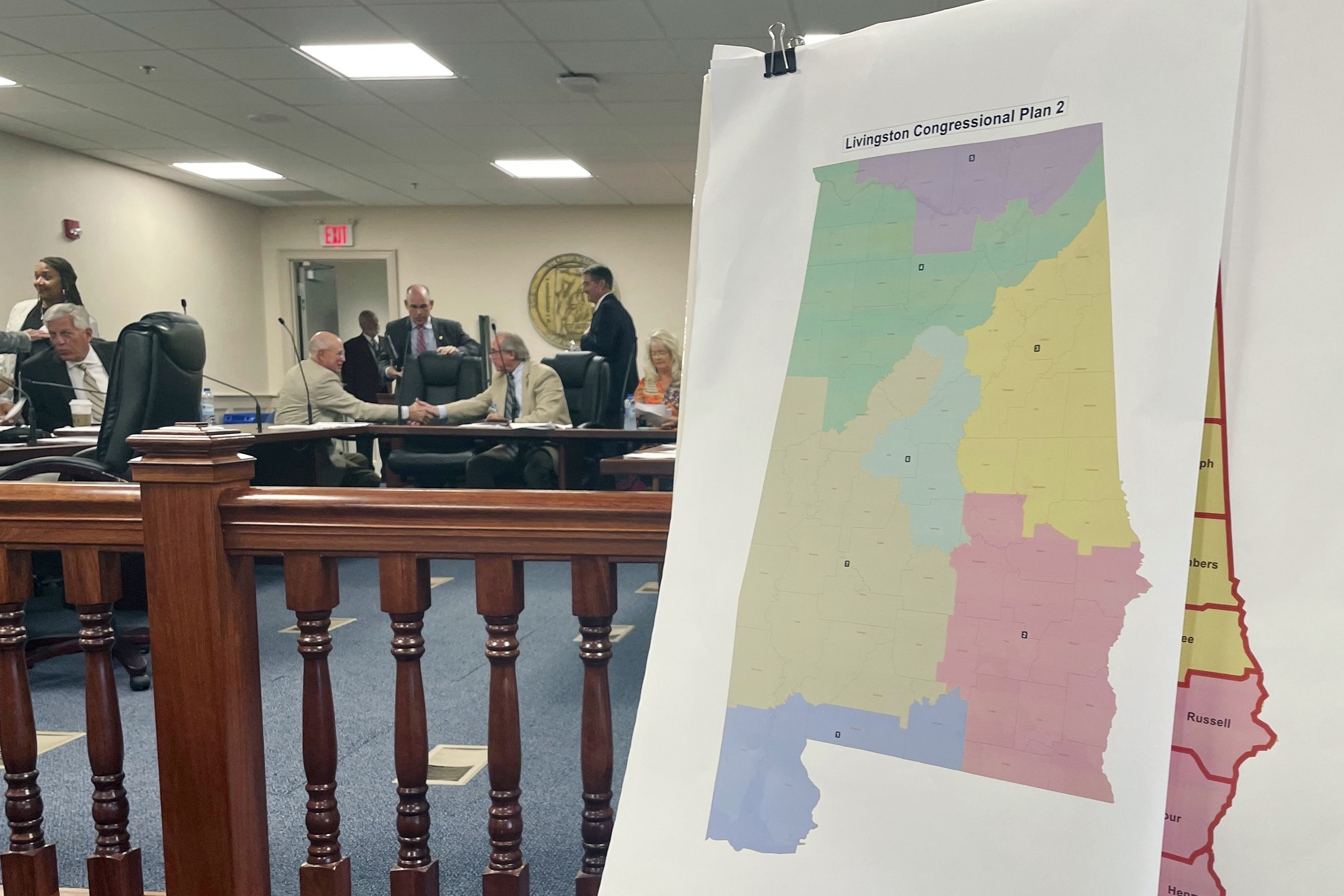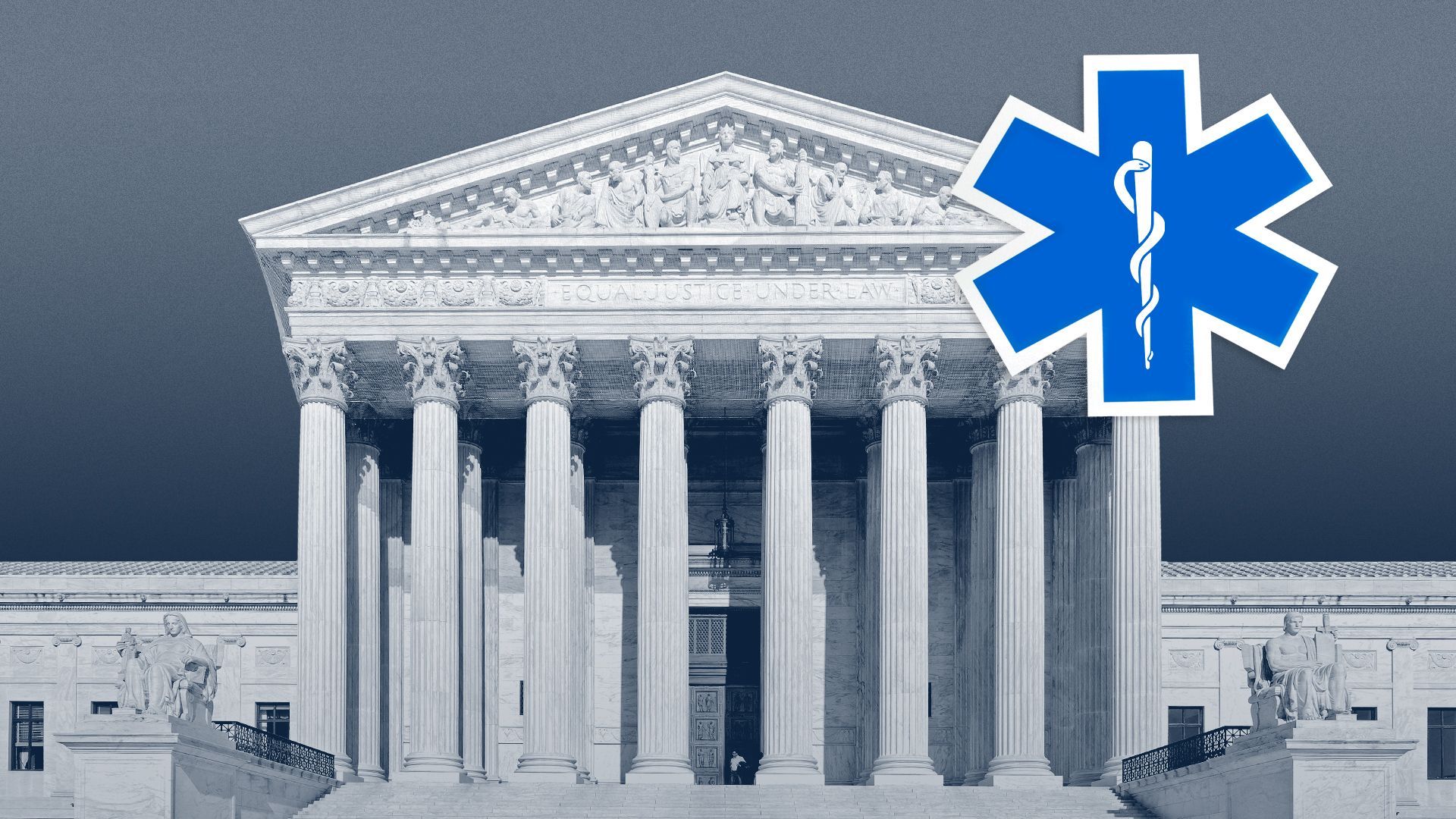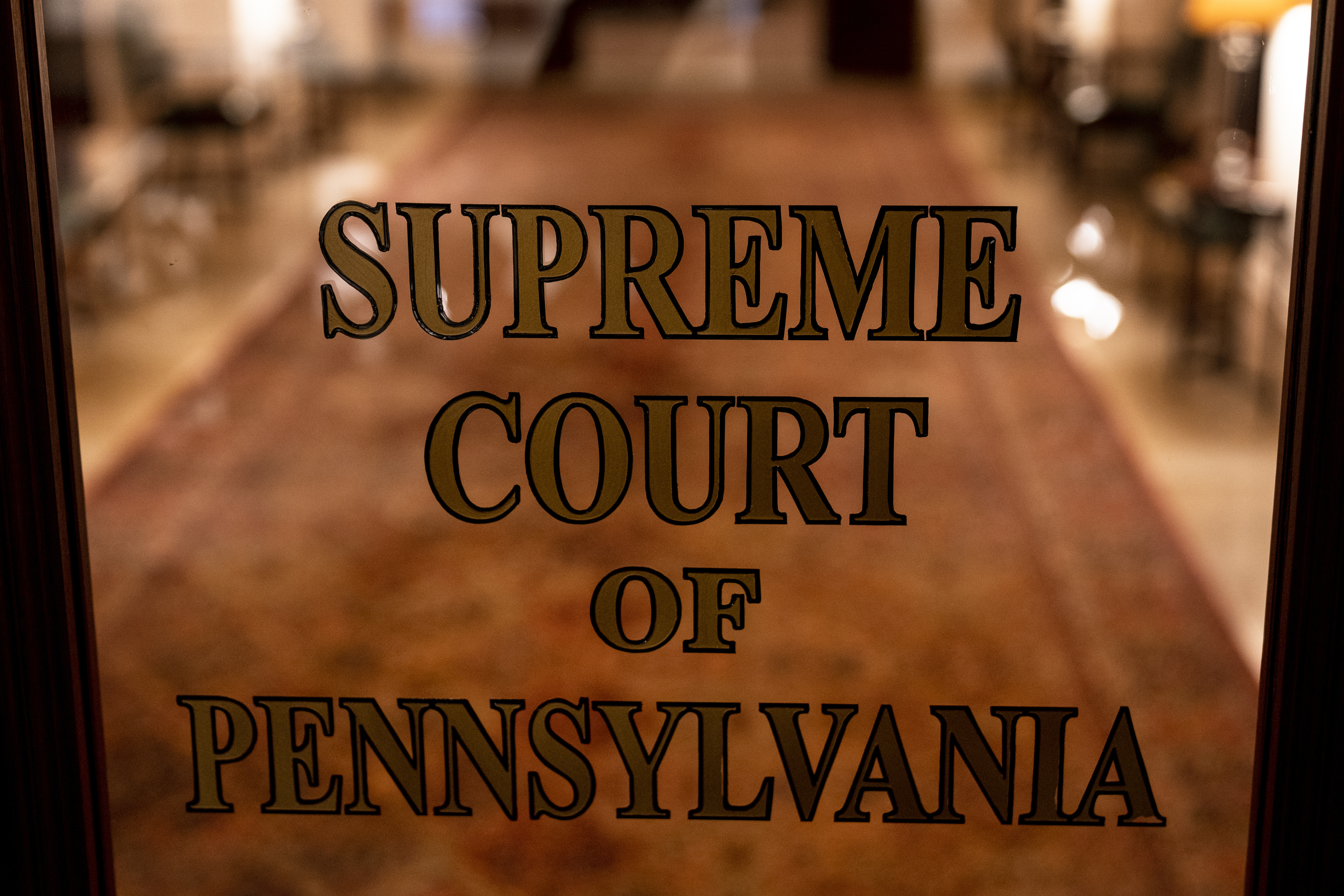Court appointee proposes Alabama congressional districts to provide representation to Black voters

Federal judges are overseeing the creation of new lines in Alabama to ensure greater representation for Black votes. A special master appointed by a court on Monday has submitted three proposals for new districts for Congress in Alabama.
All three proposals create a district in which Black voters make up a majority or close to a majority of those eligible to vote. This is something state legislators refused to do this summer when they were drawing lines. Richard Allen, a special master appointed by the court, stated that the three proposals all follow the court’s instructions to create a district where Black voters can elect the candidate of their choosing.
Three judges are overseeing the redrawing of the lines. They ruled that Alabama lawmakers had ignored their findings that the state, which is 27% Black, should have more than just one district that has a significant percentage of Black voters. Alabama has asked for the U.S. Supreme Court’s permission to put off the redrawing of the lines while the state appeals. However, the justices are yet to make a decision on this request.
Kareem Craton, a redistricting specialist at the Brennan Center for Justice at New York University School of Law who filed a previous brief in support of plaintiffs challenging Alabama’s prior map, said that the proposals “show serious consideration of the necessity to remedy the violations found by the Court.”
|
The Special Master has done what the State had refused to do up to this point: taken the directions of the local court very seriously. “Each proposal appears to create districts that are majority Black or very close to it,” Crayton stated.
The court appointed special master submitted three proposals that would change the boundaries of Congressional District 2 to allow Black voters to make up between 48.5% and 50.1% the population of voting age. The district drawn up by GOP legislators had a Black population of 39.9%. This meant that it would continue to be dominated by white Republicans.
Allen, however, wrote that the lines weren’t drawn on the basis race and didn’t target a specific Black population percentage in any districts. He said that the proposals were in line with the court’s directive to have a district where Black voters could “elect a representative of [their] choice.”
Allen wrote: “A performance analysis should show that the Black-preferred candidates often win elections in the district in question.” According to the filing, candidates preferred by Blacks would have won 13-16 of 17 recent elections. Allen was a chief deputy to several Republican Alabama Attorney Generals.
The three-judge committee had ruled that Alabama’s 2021 plan, which had one district with a majority of Black residents out of seven districts in a state that has 27% Black residents, likely violated U.S. Voting Rights Act. In June, the U.S. Supreme Court upheld this panel’s findings and led lawmakers to draw new boundaries.
The Republican-controlled Alabama Legislature, which has been reluctant to create a Democratic-leaning district, in July adopted a new map that maintained a single Black district. The three-judge committee wrote that it was “deeply disturbed” by the state’s defiance. They blocked the use of the new district and instructed a special master submit new maps.









No Comments